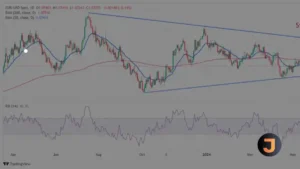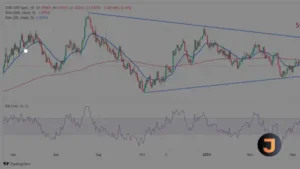France’s Car Industry Accelerates Towards Electric Future
In a significant move for France’s car industry, a strategy agreement with the government is set to supercharge electric car sales, with an ambitious target to quadruple them by 2027. This announcement comes as the country prepares to welcome the president of China for a state visit.
French President Emmanuel Macron has been vocal about his vision for the nation’s automotive sector, pushing for a substantial increase in the production of electric and hybrid vehicles. By the end of this decade, the goal is to reach two million units, positioning France as a formidable player against the leading electric vehicle (EV) producer, China.
The upcoming medium-term planning agreement is expected to establish an interim milestone of 800,000 electric vehicle sales by 2027, a significant leap from the 200,000 recorded in 2022. The finance ministry has outlined these targets in a recent briefing, highlighting the country’s dedication to transitioning towards cleaner transportation.
Moreover, there’s a concerted effort to boost the presence of electric light utility vehicles on French roads, with sales projected to hit 100,000 annually by 2027. This is a considerable increase from the 16,500 sold in 2022. The shift comes after local manufacturers observed Chinese competitors making early inroads into the market, prompting France to adjust its consumer bonus scheme to favor European-made cars.
Finance Minister Bruno Le Maire emphasized the strategic importance of bolstering France’s electric car industry, not only for environmental reasons but also for national independence from oil producers and major car exporters. “We have made the choice to be a big electric vehicle producer nation,” Le Maire declared during a news conference.
To support this transition, the state has allocated 1.5 billion euros to aid in the production and purchase of electric vehicles through various programs this year. Despite nearly 20 percent of new car sales in France being electric, only 12 percent are domestically manufactured.
The comprehensive strategy agreement also includes plans for expanding France’s charging infrastructure. By 2030, the aim is to install 400,000 charging points and add 25,000 quick charging stations along major travel routes and within large cities by the end of 2027. These developments are crucial for supporting the anticipated surge in EV usage and ensuring that France remains at the forefront of the electric revolution in transportation.





